In a significant policy shift, Russia’s Supreme Court on Thursday lifted the Taliban’s designation as a terrorist organisation, paving the way for deeper diplomatic engagement with the group that has ruled Afghanistan since 2021.
The decision, announced by Judge Oleg Nefedov, suspends the ban on the Taliban’s activities, which had been in place since 2003 when Russia first listed the group as a terrorist organisation.
Join our WhatsApp Channel“By decision of the Russian Supreme Court, the previously established ban on the activities of the Taliban movement… is suspended,” Nefedov stated, adding that the ruling takes effect immediately.
The move follows a December 2024 law signed by President Vladimir Putin allowing temporary suspensions of terrorist designations if a group is deemed to have ceased terrorist activities, propaganda, or support for extremism. The Taliban, which has long sought international legitimacy, has been lobbying Moscow for formal diplomatic ties since taking power.
READ ALSO: Ceasefire Possible In Russia-Ukraine Conflict After Peace Talks In Saudi Arabia
Since seizing power in 2021 after the U.S. abrupt withdrawal from Afghanistan, the Taliban has struggled to gain global recognition due to its harsh policies, including banning girls’ education beyond primary school and restricting women’s rights. These measures have drawn condemnation from the United Nations and Western nations, further isolating the group.
READ ALSO: Taliban Agrees To Restart Door-to-door Polio Vaccination Drive: UN
However, Russia -which has maintained cautious engagement with the Taliban- appears to be warming to the group. Taliban spokesperson Zabihullah Mujahid hailed the court’s decision as a crucial step toward full diplomatic relations.
“We consider this step to be very important. In the future, Afghanistan and Russia will certainly build a good relationship in the spheres of economy and diplomacy,” Mujahid said. When asked about a potential Taliban delegation visiting Moscow, he stated, “The decision is yet to be made,” but praised Putin’s approach to Afghanistan.
Despite the court’s ruling, the Russian government clarified that the suspension does not equate to official recognition of the Taliban regime. Analysts suggest the move is part of Moscow’s broader strategy to strengthen influence in Central Asia while countering Western dominance in the region.
The Taliban’s return to power in 2021 initially raised hopes of a more moderate rule, but its strict enforcement of Sharia law has drawn global backlash. While Russia’s decision marks a diplomatic breakthrough for the Taliban, it remains to be seen whether other nations will follow suit.

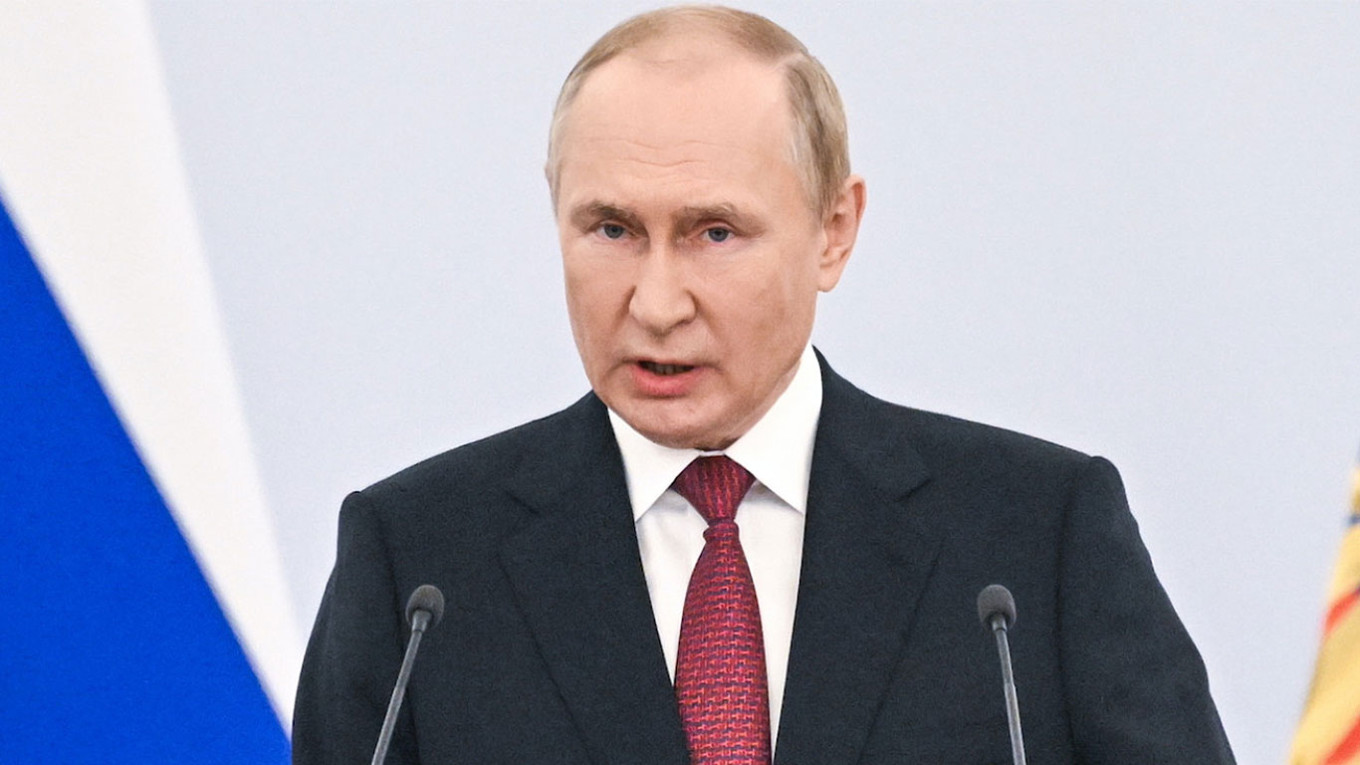


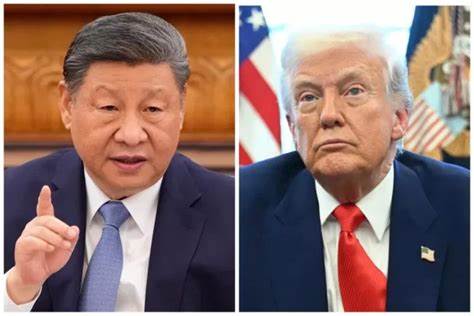
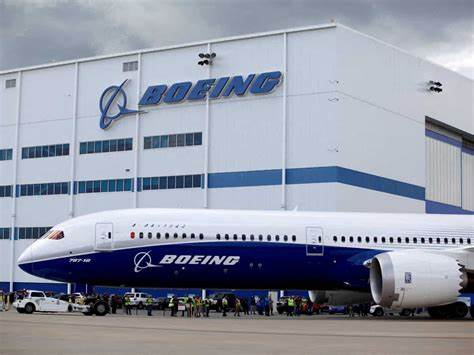
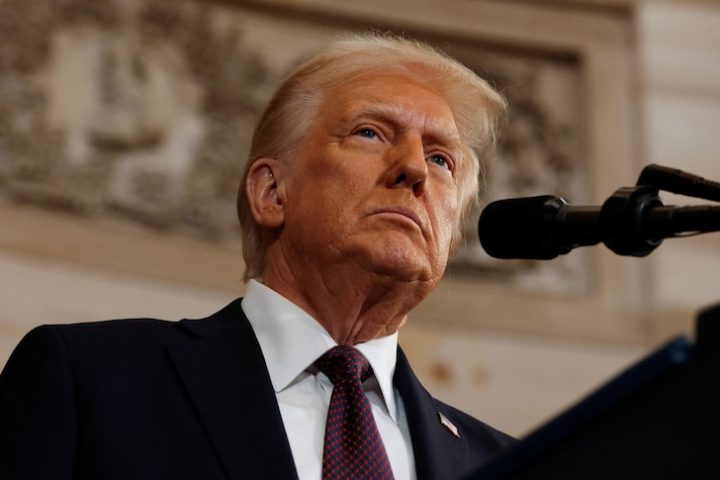








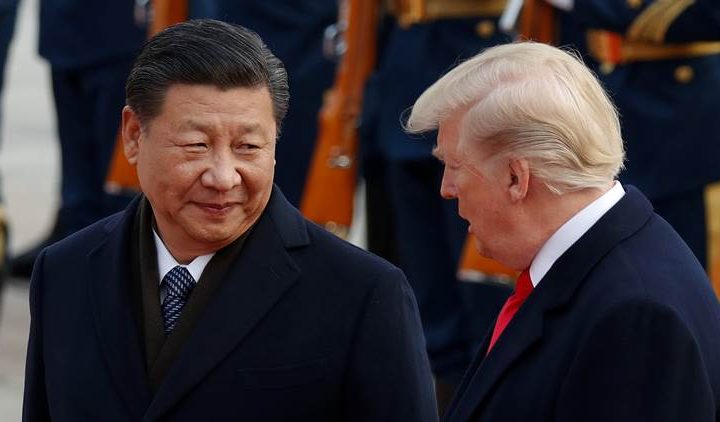

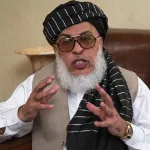
You’ve really covered all the bases in this post—thanks!